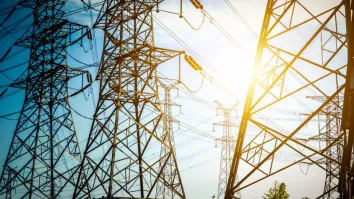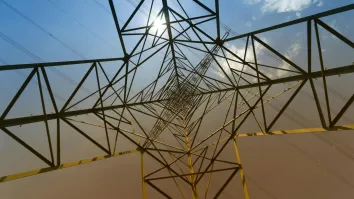
Removing nuclear power “impossible” in Japan
Japan has to keep nuclear energy in its electricity mix to offset rising energy costs and a probable military conflict in Iran.
Nobuo Tanaka, former executive director of the International Energy Agency and now a global associate for energy security at the Institute of Energy Economics in Japan, said Japan will have very serious problems without nuclear energy. He predicts that nuclear power may contribute as much as 30% to Japan’s future mix and said phasing it out will prove to be “impossible.”
Japan’s government said in September it will eliminate atomic power following the Fukushima Dai-Ichi disaster. This decision is being reconsidered in light of continued business support for nuclear power.
Keidanren, Japan’s biggest business lobby that includes its largest industrial companies and power utilities, has called the zero nuclear plan “unrealistic” and a threat to Japanese manufacturing.
Trade and Industry Minister Yukio Edano, however, disagrees with those who advocate deriving as much as 25% of Japan’s future power from reactors.
“I don’t think the zero-nuclear scenario is any more negative than the 20 to 25 percent scenario for Japan’s economy,” Edano said. “Rather, it will positively impact the economy if we do it right.”
He noted that developing renewable energy and energy efficient technologies would boost domestic demand and improve Japan’s competitiveness.
A conflict in Iran and the closure of the Strait of Hormuz, a transit route for 85% of Japan’s oil and 25% of its liquefied natural gas imports, adds energy risks, Tanaka said. A military strike by Israel on Iran’s nuclear facilities is the “most likely scenario,” he said.



















 Advertise
Advertise







